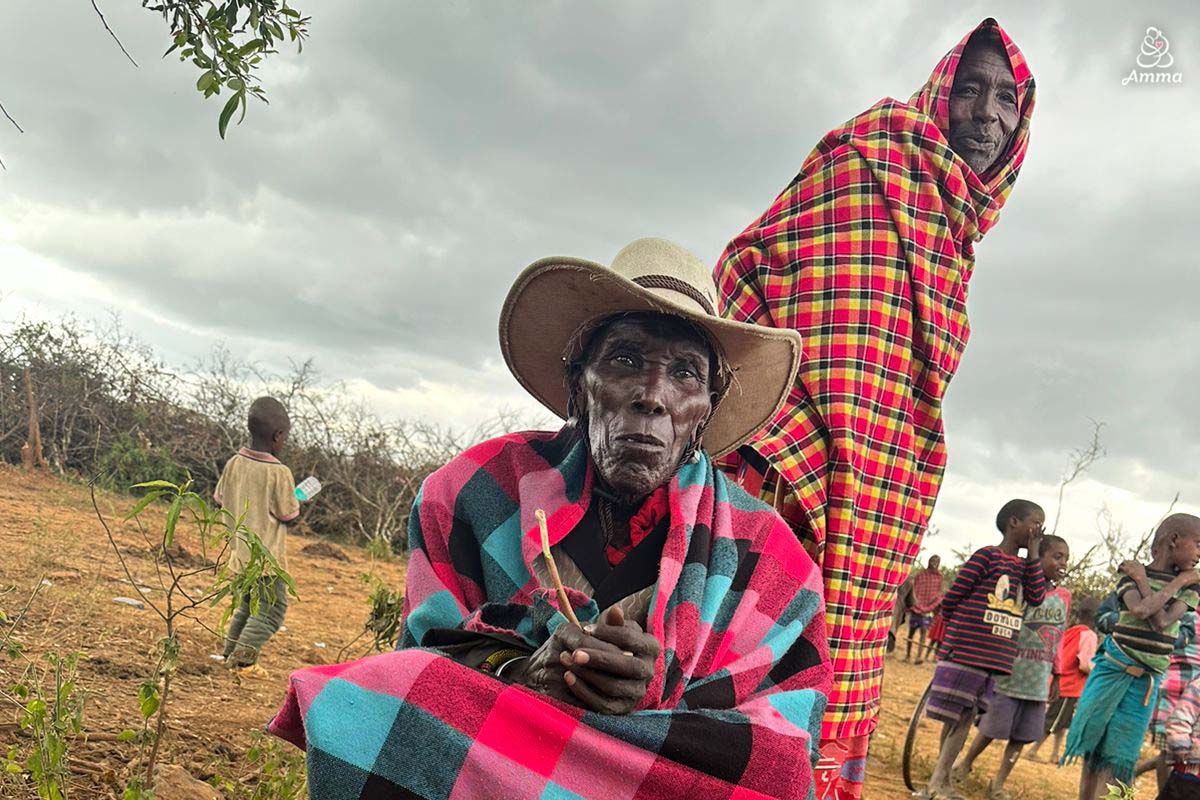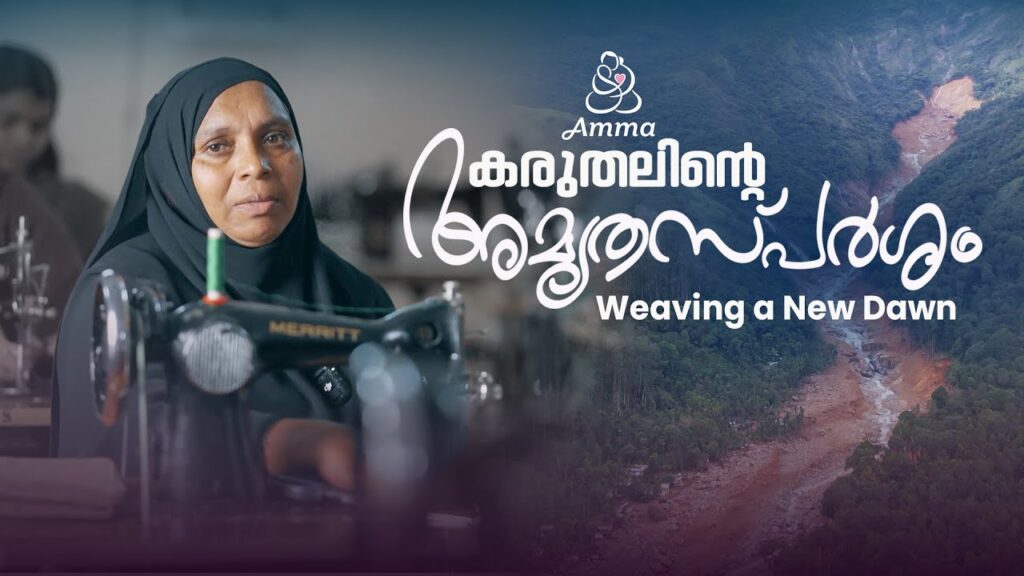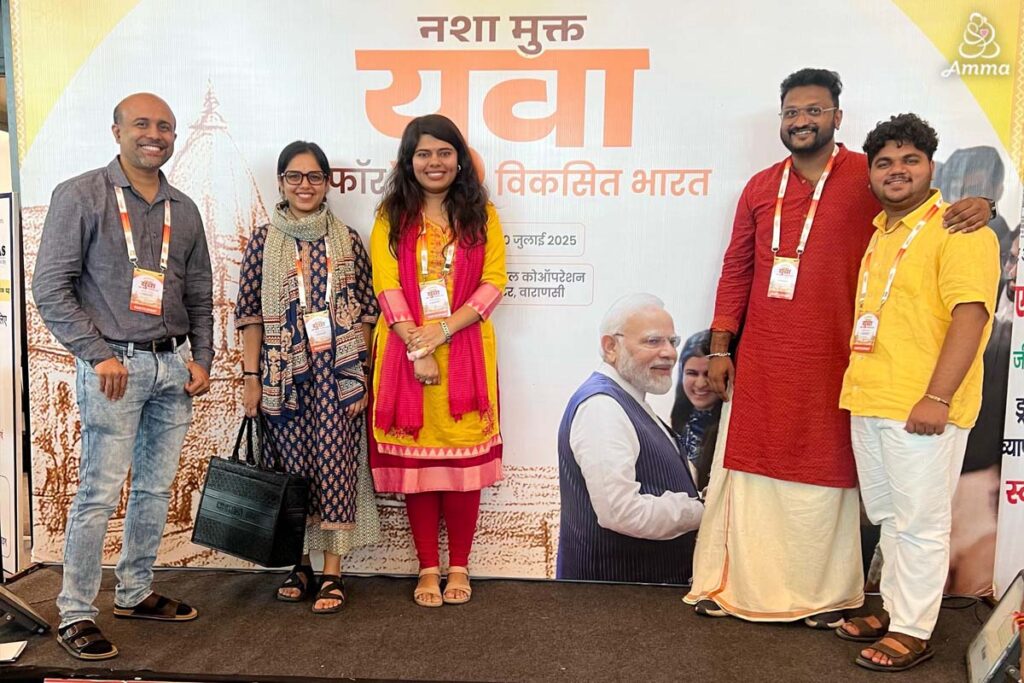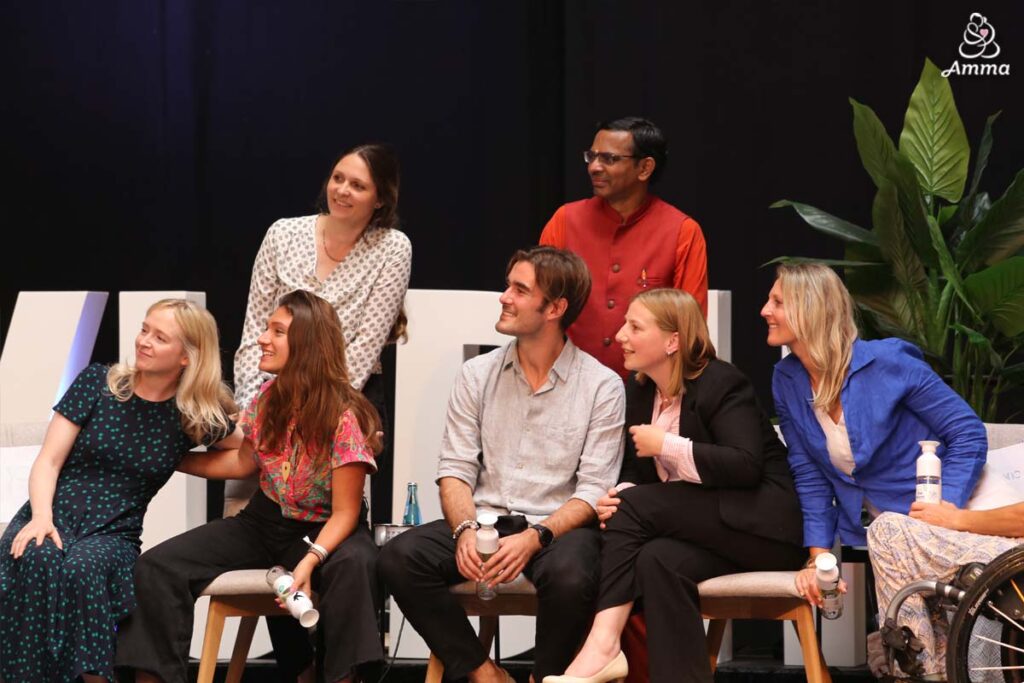The Kisima Health Center in Samburu County, Kenya, became the site of a groundbreaking initiative aimed at transforming eye health in the region’s villages. Twenty-seven community health volunteers participated in the first-ever class for our Vision Screeners Training initiative. They learned about eye health, anatomy, common eye conditions, and treatment options.
The goal? To empower their rural communities with the tools to detect early signs of eye diseases, reduce blindness, and improve overall vision. The participants gained valuable knowledge in early detection and community outreach strategies, preparing them to raise awareness about eye care in their villages.
The inauguration of Vision Screeners Training was conducted on October 5th by Amrita University’s Centre for Women’s Empowerment and Gender Equality (CWEGE), the MA Math Charitable Trust of Kenya, and Visió Sense Fronteres (Vision Without Borders)—a Spanish NGO that collaborates with Amma’s humanitarian initiatives to provide free cataract surgeries throughout Sub-Saharan Africa. The event included grateful participation by local government and parliament officials.
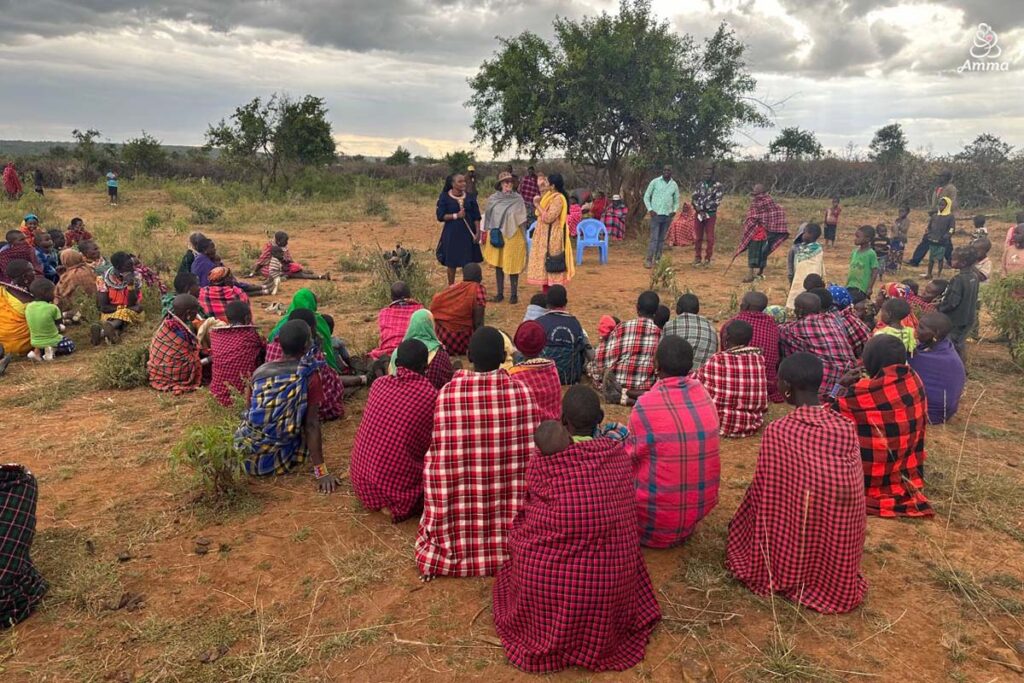
“I’m so glad we are able to get this kind of support for our community. This is the major facility here and it is for 20,000 people in the area. And can you imagine? We do not have an eye clinic here,” said Honourable Pauline Lenguris, the Samburu County Representative for Women, Govt of Kenya.
“So if someone has an eye problem, they’ll have to travel. Most of them don’t have cash, so they decide they can’t go for treatment.”
She continued, “Most of the villagers have not gone to school. So they depend on livestock and on their farms. And here we don’t get much rain. Recently we had a four-year drought. Some families lost all their livestock. So we really thank you for your training.”
As a pilot program by CWEGE, Vision Screeners Training is also designed to offer new skill development opportunities for women in remote areas. The class coincided with a Cataract Surgery Camp by Visió Sense Fronteres for the week of October 4th.
“What was inspiring to me as a social worker was offering eye screening in such a remote area of Kenya where the community leaders, women, and health workers have limited resources and guidance,” said Susan Witt, Senior Consultant, CWEGE.
She added that eye conditions are more prevalent in rural Kenya than other parts of the world due to diet, proximity to the equator with intense UV rays, poor sanitation due to drought, and lack of eye care doctors.
“They were enthused class participants with many pertinent questions about the multitude of eye problems in their communities and a desire to help their families and friends,” Susan Witt shared, deeply moved by the experience.
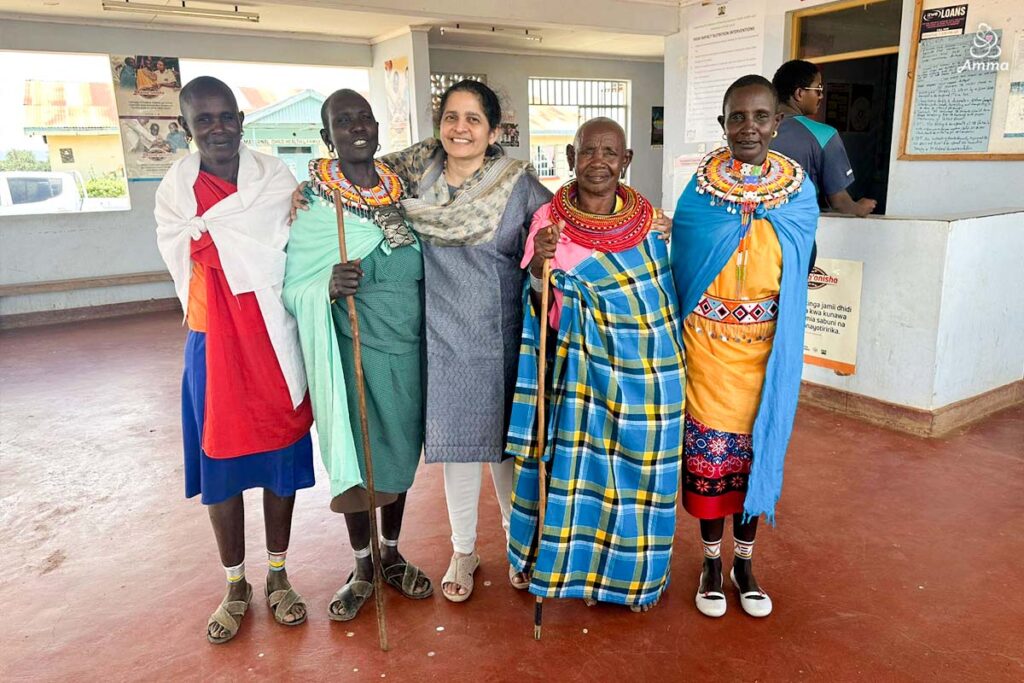
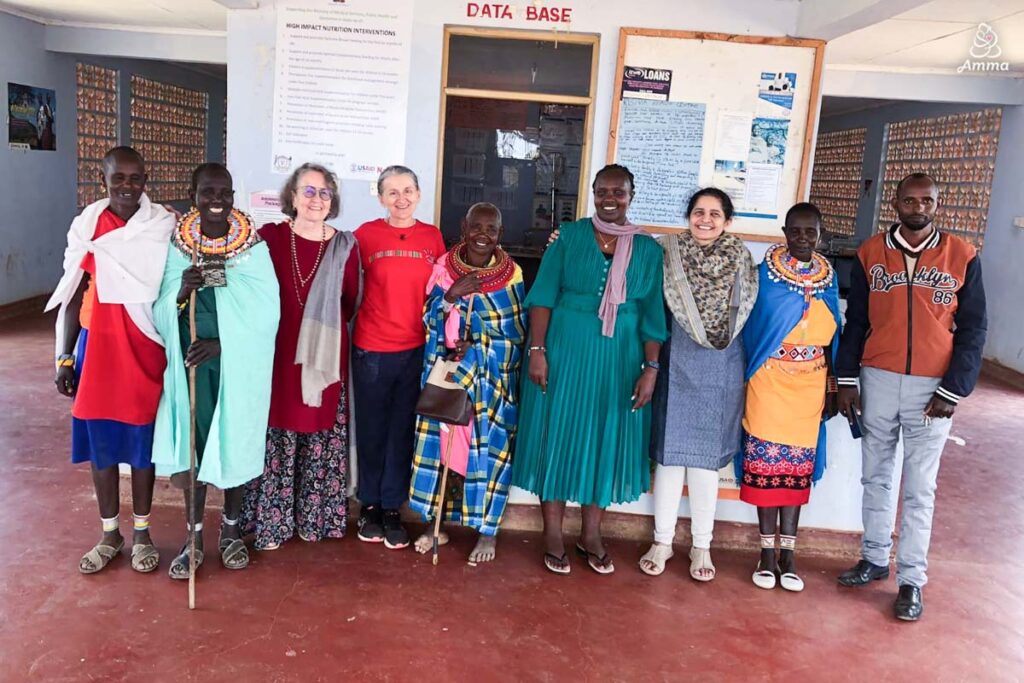
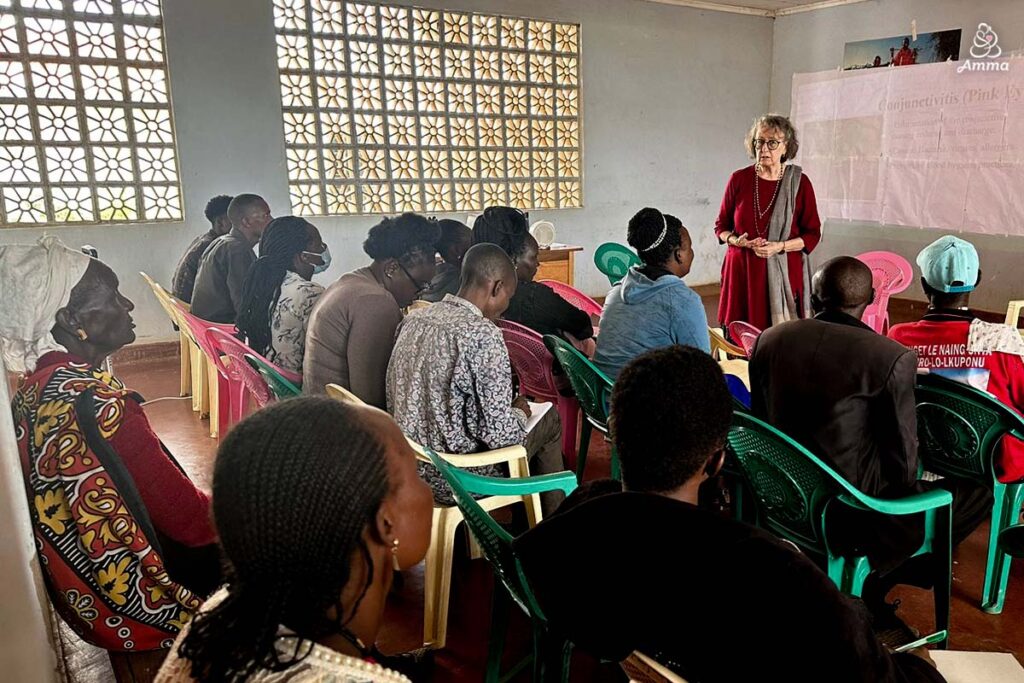
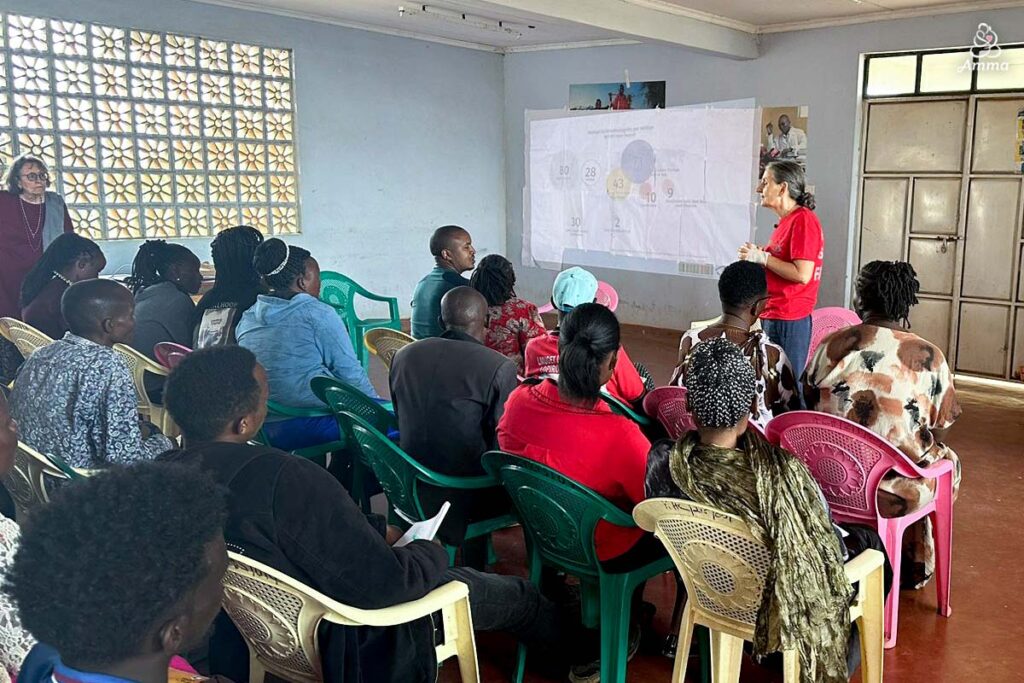
Following this practical day of learning, the participants returned to their villages, ready to spread the message of eye health and encourage participation in screening camps.
We plan to expand Vision Screeners Training to reach more rural areas across Kenya and other African nations. By empowering community members, the program hopes to make a lasting impact in reducing preventable blindness and improving quality of life in underserved areas.
In the African Region overall, the World Health Organisation (WHO) reports that visual impairment is a significant health problem with 26.3 million people affected. It is estimated that 15.3% of the world’s blind population reside in Africa. However, with today’s knowledge and technology, up to 80% of blindness is preventable and treatable.


